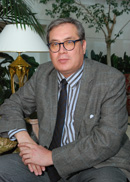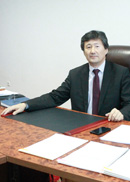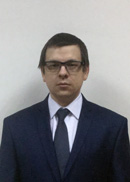On October 5-8, 2017 King Salman bin Abdulaziz Al Saud for the first time visited the capital of Russia, thus moving relations between Moscow and Riyadh to a qualitatively new level [1]. The main event of the program of the Saudi King in Moscow was his meeting with the President of the Russian Federation V.Putin. In addition, King Salman held talks with Russian Prime Minister Dmitry Medvedev and visited MGIMO University, where he was conferred the title of Doctor Honoris Causa [2]. In the course of the visit, 14 documents were signed on cooperation in various fields – space exploration, energy, communications, trade, culture, etc. [3].







